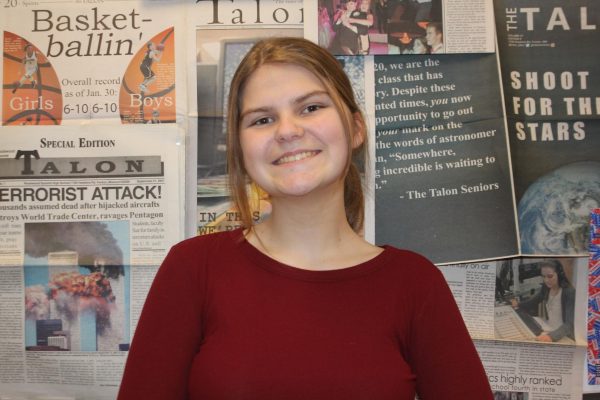Earlier this year, the PTO’s Presidents’ Forum held a “Meet the Candidates” night where, just before the Board of Education election, students were invited to ask questions to the panel of candidates. There was a representative from each high school, and I was proud to speak on behalf of Summit. While there were many issues introduced, one question in particular stood out to me: how will you ensure you are involving students in your decisions and guaranteeing you truly understand what it is like to be in a student’s shoes?
This question, asked by Lafayette alumna Juli Mejia, is an important one to ask in any discussion of a school board. The district website states that the BOE’s role is to “serve as the educational advocate of our community’s youth,” yet the board is neither elected by nor composed of students. Why are we supposed to blindly trust that they will speak on our behalf? The issue is made all the more relevant by the political polarization and scandal that has taken place within the BOE and district as a whole over the last couple of years. While most of the conflicts seem to have been resolved internally, they have not been erased from memory, and the damage on the Rockwood Board of Education’s trustworthiness and respect in the eyes of their constituents is incalculable.
While I respect our district and BOE, I can also acknowledge that there is room for improvement, which is why this question and its responses impacted me. Several ideas floated around the candidates, but many shared agreement that a student advisory board would be beneficial for student representation. A student advisory board isn’t a new concept; many districts, such as Webster Groves and Maplewood Richmond Heights, already have unique systems in place that fit that district’s specific needs. There are so many different ways the district could create a student advisory program for the school board, but the end result will always be increased representation for students. Generally, members of an advisory board attend school board meetings and provide insight on specific issues and policies, but the concept is flexible and allows for a board specifically beneficial to Rockwood to be created. It would help the BOE further understand the people they’ve been elected to advocate for, and it would help students build trust, respect, and relationships with a group of authority figures that feel removed from our day to day experiences.
An opportunity like this would also help students learn about the school board as a whole. As the group most affected by district policies, an advisory board would offer students an inside look as to why and how these decisions are made, helping them further understand and become connected with their community. It would also allow for students to learn more about local democracy and how votes in lower level elections, such as Board of Education elections, are still important and impactful in day to day life.
The Presidents’ Forum meeting that introduced a student advisory board happened in March. Since then, multiple candidates who endorsed the idea now serve on the board, but no public progress has been made concerning student advisory. I believe that creating a student advisory board to the BOE is a productive and realistic way to increase student representation and create a more unified and informed community.






